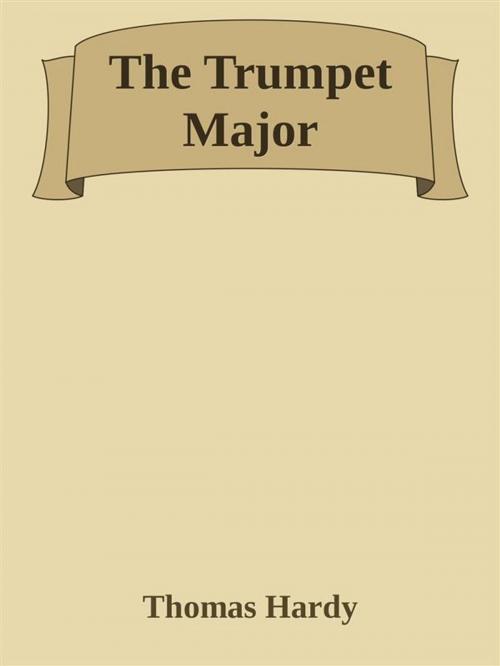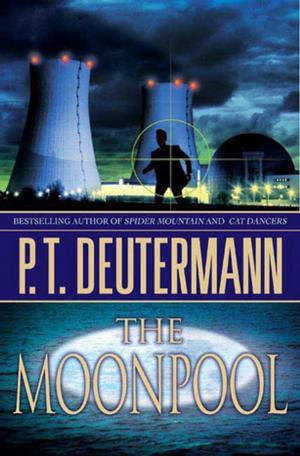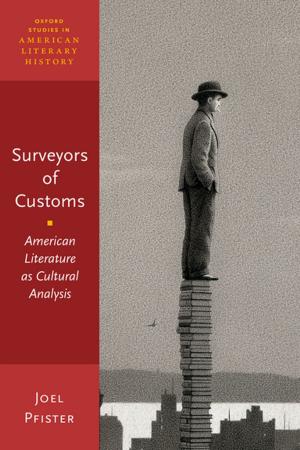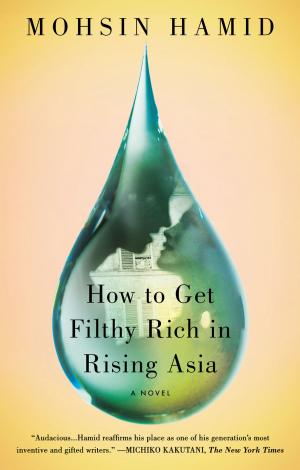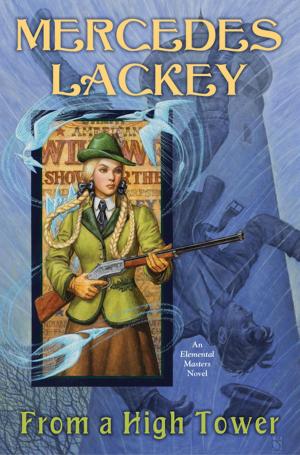| Author: | Thomas Hardy | ISBN: | 9788822836151 |
| Publisher: | Thomas Hardy | Publication: | August 24, 2016 |
| Imprint: | Language: | English |
| Author: | Thomas Hardy |
| ISBN: | 9788822836151 |
| Publisher: | Thomas Hardy |
| Publication: | August 24, 2016 |
| Imprint: | |
| Language: | English |
British novelist, short story writer, and poet of the naturalist movement. He captured the epoch just before the railways and the industrial revolution changed the English countryside. His works are pessimistic and bitterly ironic, and his writing is rough but capable of immense power.
His first novel, The Poor Man and the Lady, finished by 1867, failed to find a publisher and Hardy destroyed the manuscript. Only parts of the novel remain. He was encouraged to try again by his mentor and friend, Victorian poet and novelist George Meredith. Desperate Remedies [1871] and Under the Greenwood Tree [1872] were published anonymously. In 1873 A Pair of Blue Eyes, a story drawing on Hardy's courtship of his first wife, was published under his own name.
In Far from the Madding Crowd [1874], his next (and first important) novel, Hardy introduced Wessex, the "partly-real, partly-dream" county named after the Anglo-Saxon kingdom that existed in the area. The landscape was modelled on the real counties of Berkshire, Devon, Dorset, Hampshire, Somerset and Wiltshire, with fictional places based on real locations.
Over the next twenty-five years Hardy produced ten more novels.
The Hardys moved from London to Yeovil and then to Sturminster Newton, where he wrote The Return of the Native [1878]. In 1885, they moved for a last time, to Max Gate, a house outside Dorchester designed by Hardy and built by his brother. There he wrote The Mayor of Casterbridge [1886], The Woodlanders [1887], and Tess of the d'Urbervilles [1891], the latter which attracted criticism for its sympathetic portrayal of a "fallen woman" and was initially refused publication. Jude the Obscure, published in 1895, was met with even stronger negative outcries by the Victorian public for its frank treatment of sex.
Despite this criticism, Hardy had become a celebrity in English literature by the 1900s, with several blockbuster novels under his belt, yet he was disgusted with the public reception of two of his greatest works. He gave up writing novels altogether.
British novelist, short story writer, and poet of the naturalist movement. He captured the epoch just before the railways and the industrial revolution changed the English countryside. His works are pessimistic and bitterly ironic, and his writing is rough but capable of immense power.
His first novel, The Poor Man and the Lady, finished by 1867, failed to find a publisher and Hardy destroyed the manuscript. Only parts of the novel remain. He was encouraged to try again by his mentor and friend, Victorian poet and novelist George Meredith. Desperate Remedies [1871] and Under the Greenwood Tree [1872] were published anonymously. In 1873 A Pair of Blue Eyes, a story drawing on Hardy's courtship of his first wife, was published under his own name.
In Far from the Madding Crowd [1874], his next (and first important) novel, Hardy introduced Wessex, the "partly-real, partly-dream" county named after the Anglo-Saxon kingdom that existed in the area. The landscape was modelled on the real counties of Berkshire, Devon, Dorset, Hampshire, Somerset and Wiltshire, with fictional places based on real locations.
Over the next twenty-five years Hardy produced ten more novels.
The Hardys moved from London to Yeovil and then to Sturminster Newton, where he wrote The Return of the Native [1878]. In 1885, they moved for a last time, to Max Gate, a house outside Dorchester designed by Hardy and built by his brother. There he wrote The Mayor of Casterbridge [1886], The Woodlanders [1887], and Tess of the d'Urbervilles [1891], the latter which attracted criticism for its sympathetic portrayal of a "fallen woman" and was initially refused publication. Jude the Obscure, published in 1895, was met with even stronger negative outcries by the Victorian public for its frank treatment of sex.
Despite this criticism, Hardy had become a celebrity in English literature by the 1900s, with several blockbuster novels under his belt, yet he was disgusted with the public reception of two of his greatest works. He gave up writing novels altogether.
